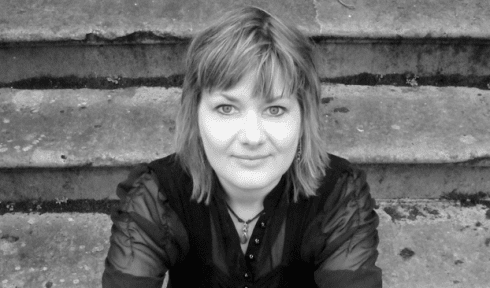Your idea and its place in the market is only part of the story. The other part of the equation is you, the filmmaker. Most funders want to know why they should fund you to make this film rather than someone else (because chances are they’ve heard your idea before, often many times).
Danae Ringelmann, co-founder and COO of crowdfunding platform IndieGoGo, says, “the biggest thing filmmakers need to realise is that they need to think of themselves as a brand and that’s the thing that people are supporting, not just their story. Obviously if they have no story they’re not going to get funded, but it’s all part of the package.”
Production companies work very hard at building their brand, so that they become the ‘go-to’ company for a certain type of programming.
For example, Magical Elves has a track record of making competition reality shows such as Top Chef and Project Runway. Testimony Films concentrate on making historical documentaries that feature archive and personal testimony such as Last Voices of the Great War. Darlow Smithson Productions have a reputation for making high quality feature documentaries such as Touching the Void and specialise in disaster documentaries: they were one of two companies Channel 4 commissioner Simon Dickson called when a passenger plane crash landed in New York City’s Hudson River. Their reputation (and the fact that they were the first to return the call) resulted in Miracle of the Hudson Plane Crash (Channel 4 / Discovery).
As an independent filmmaker, you present a much stronger case if you have a personal connection to your subject. TV commissioners and other funders are often wary of producers who pitch a ‘laundry list’ of ideas in the hope that one will stick; they want to feel they are getting a product driven by passion not profit. So, for example, Lindsey Dryden’s partial deafness inspired her to make her documentary Lost & Sound.
Her biggest fear is that she might suddenly lose all her hearing and no longer be able to enjoy music, so she set out to film three deaf people – a dancer, a musician and a music journalist – who are all deaf but are still able experience music in different ways.
Her idea was to follow three personal stories and interweave scientific information using animation and sound design to help illustrate how her main characters could still sense and enjoy music. There is clearly a very real connection between filmmaker and her subject, and a compelling reason for her to tell that story…
To work out your unique connection to your proposed subject, filmmaker Jilann Spitzmiller advises sitting down with a pen and paper before you commit your idea to a formal proposal. “Brainstorm your project: what it’s about and how it personally moves or affects you, really heart-centred, free writing,” she says. “You are not censoring yourself, not trying to fit into a certain word count, or trying to answer a certain question, you are just writing from your heart about your project, what it is, the merits of it, and how you are connected to it.”
Doing this exercise will help identify the key theme(s) of your film and point you towards potential special interest funding sources.
Nicola Lees is the founder of TVMole.com, a resource to help originate, research, write and successfully pitch ideas to broadcast, digital or cable TV channels. This is the first of a series of extracts from her book, Give Me the Money and I’ll Shoot! Finance Your Factual Film / TV Project. You can follow her on Twitter here.




